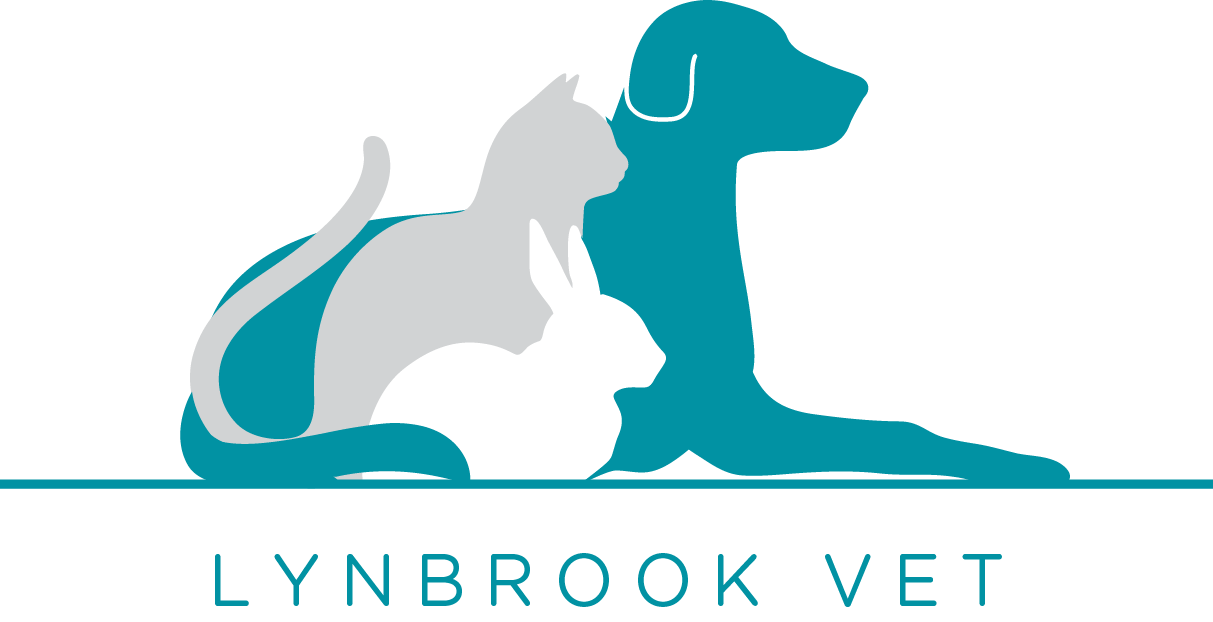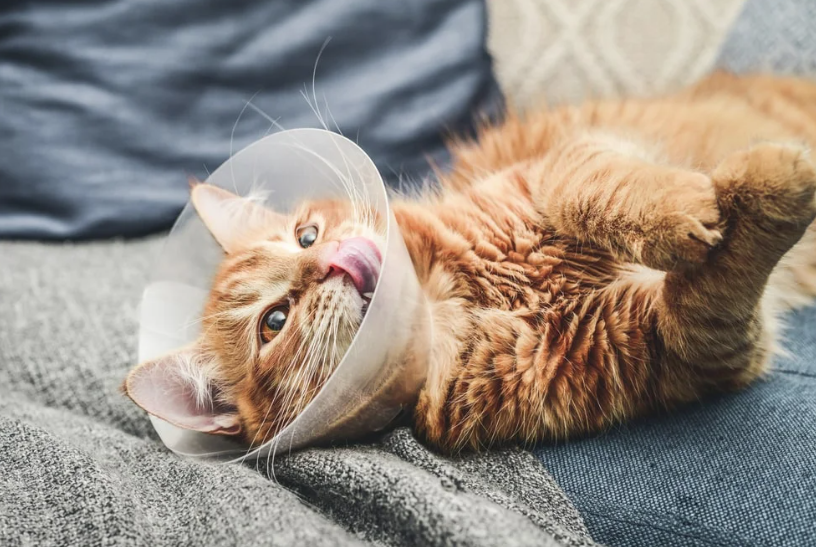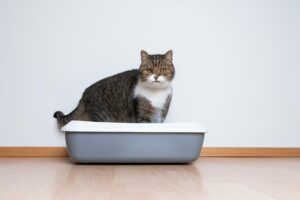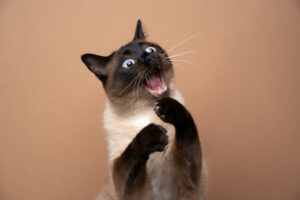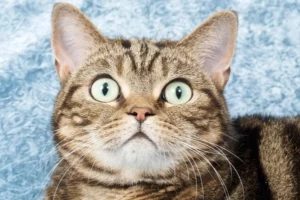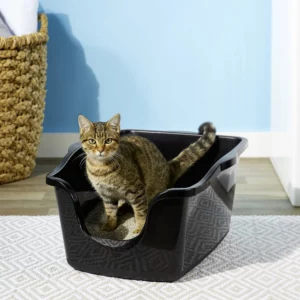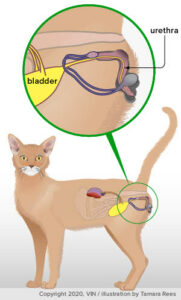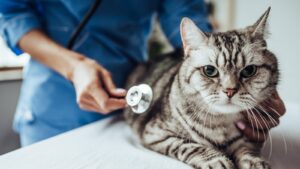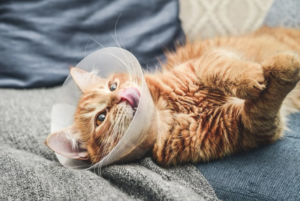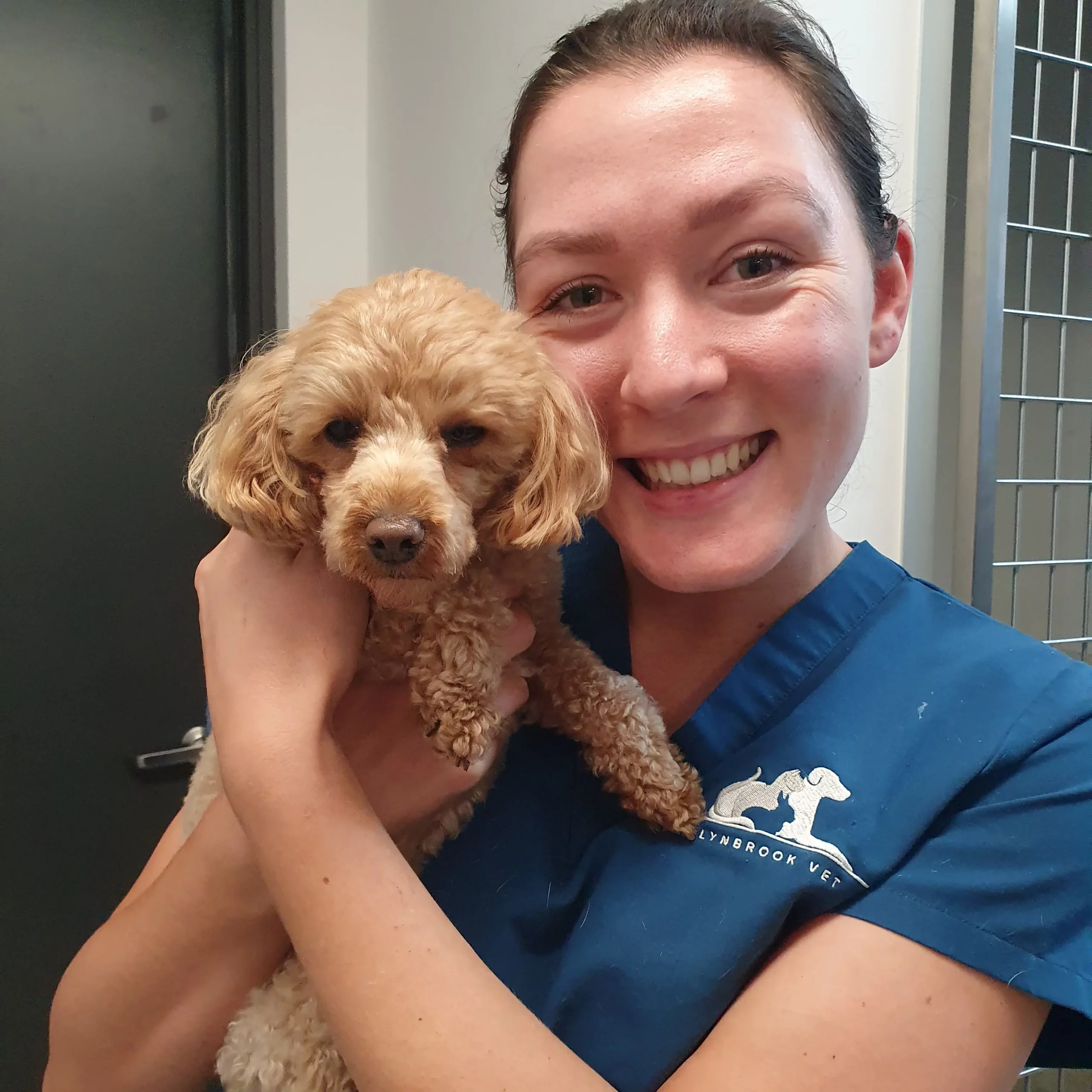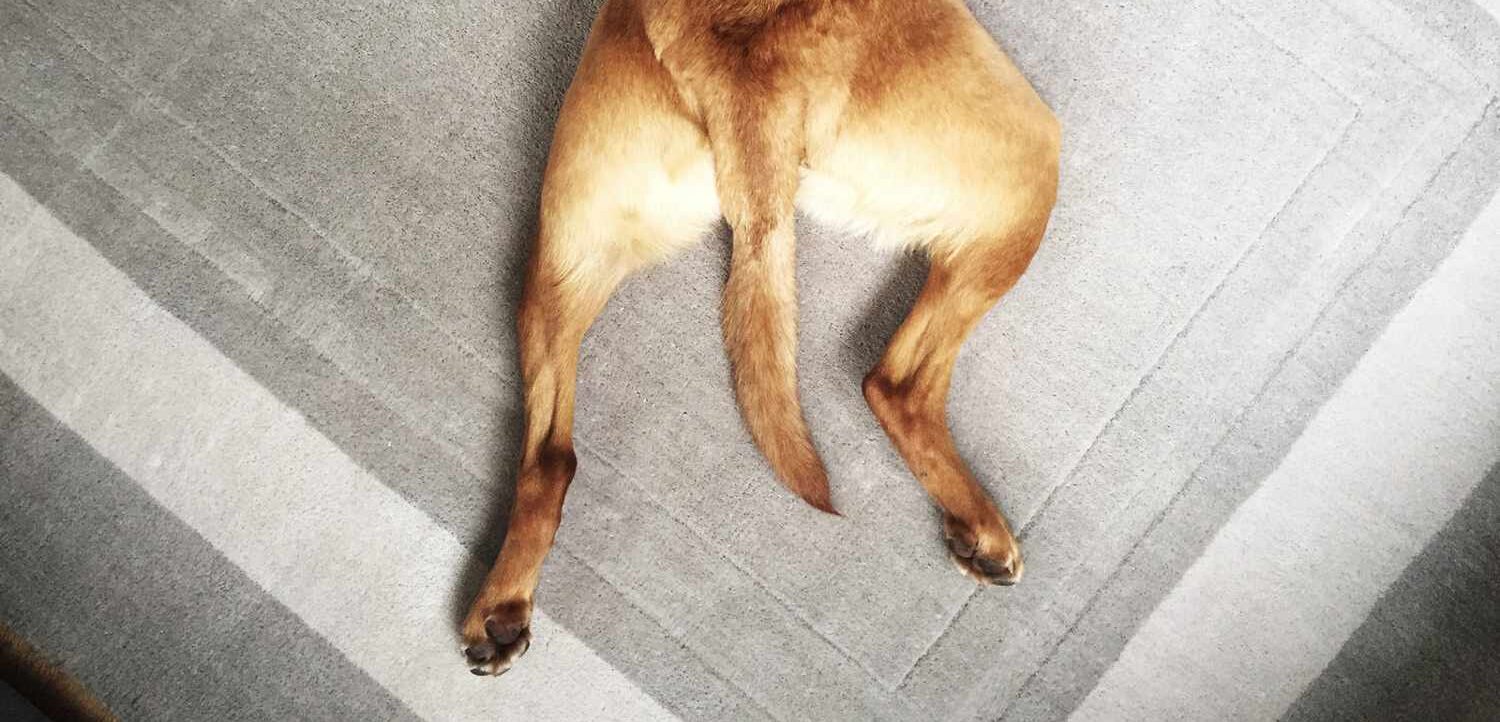Dear Feline Lovers,
As devoted cat owners, we know how much you love and care for your feline friends.
Unfortunately, cats can sometimes experience urinary problems that require specialized care. One such condition is Feline Lower Urinary Tract Disease (FLUTD), which can be painful and serious, often leading to urinary blockage—a life-threatening condition. In this blog, we will delve into the predisposing factors of FLUTD, the clinical signs of urinary blockage, and how Perineal Urethrostomy can be a life-saving solution.
Understanding FLUTD and Urinary Blockage
FLUTD is a common and frustrating condition seen in cats, involving the lower urinary tract, including the bladder and urethra. Common causes include bladder stones, urinary tract infections, and stress.
One of the most serious consequences of FLUTD is urinary blockage. This occurs when crystals or stones obstruct the narrow urethra, making it difficult or impossible for your cat to urinate. Urinary blockage is not only extremely painful but can also be life-threatening if left untreated.
Predisposing Factors to FLUTD
FLUTD is a multifaceted condition with various contributing factors. Understanding these factors can help you take preventive measures for your cat’s well-being. Here are some common predisposing factors:
1. Age: Cats of all ages can be affected by FLUTD, but it is more prevalent in young to middle-aged cats.
2. Breed: Certain cat breeds, like Persians and Himalayans, are genetically more prone to FLUTD.
3. Gender: Male cats are more commonly affected due to their narrower and longer urethra, making them more prone to blockage.
4. Diet: A diet lacking proper hydration or with excessive minerals can increase the risk of developing urinary crystals or stones.
5. Weight and Sedentary Lifestyle: Overweight and sedentary cats may have a higher risk of FLUTD.
6. Stress: Changes in the environment or household dynamics can trigger stress in your feline friend, making it a significant predisposing factor.
The likelihood of re-blockage after the initial episode is concerning. Studies show that up to 40-50% of cats who have experienced urinary blockage may have a recurrence within one year if underlying issues are not addressed. This makes timely and appropriate treatment crucial to preventing future complications.
Clinical Signs of Urinary Blockage
Recognizing the early signs of a urinary blockage can make a significant difference in ensuring prompt medical attention. Look out for the following clinical signs:
1. Straining to Urinate: Your cat may repeatedly visit the litter box and appear uncomfortable while attempting to urinate.
2. Frequent Licking of Genital Area: Due to irritation and discomfort, your cat might excessively groom their genital region.
3. No Urine Output or Small Amounts: You may notice little to no urine output when your cat attempts to urinate.
4. Crying or Vocalizing in Pain: Cats in pain may vocalize more than usual, expressing their discomfort.
5. Lethargy and Loss of Appetite: A blocked cat may become lethargic and show a decreased interest in food.
6. Bloody Urine: Blood in the urine is a severe sign and requires immediate attention.
The Role of Perineal Urethrostomy
In severe cases of FLUTD with recurrent urinary blockage, Perineal Urethrostomy can be a lifesaving procedure. This surgical option involves altering the anatomy of your cat’s urinary tract to provide a wider and more open pathway for urine to flow out of the body.
The surgery is typically performed when other treatment options, such as medication or dietary changes, have proven ineffective or when there is a high likelihood of future blockages. Another reason to perform the procedure is when previous attempts to alleviate a urinary blockage by passing a urinary catheter have failed.
By widening the urethra, the risk of future blockages is significantly reduced, helping to reduce the pain and discomfort your feline companion may experience.
What the Surgery Involves
Perineal urethrostomy is performed under general anesthesia by a skilled veterinary surgeon. Here’s a brief overview of the procedure:
1. Preparation: Your veterinarian will conduct a thorough physical examination and may request diagnostic tests to ensure your cat is in good overall health before the surgery.
2. Surgical Incision: The surgeon will make an incision in the perineal area, which is the region around the anus and genitalia.
3. Removal of Part of the Urethra: A section of the narrow part of the urethra is removed, and the cut ends are sutured together to create a wider and more open pathway for urine.
4. Surgical Closure: The incision is carefully closed with stitches, and your cat will be monitored closely as they wake up from anesthesia.
5. Post-Surgery Care: Your cat will need to stay at the veterinary clinic for a short period for observation and pain management. Once stable, they can return home with specific care instructions.
Post-Surgery Care and Recovery
The success of the perineal urethrostomy surgery greatly depends on proper post-operative care. Your veterinarian will provide you with detailed instructions for your cat’s recovery period. This may include:
• Administering prescribed medications, such as pain relievers and antibiotics.
• Keeping the surgical site clean and dry.
• Monitoring your cat’s urine output and behavior closely.
• Transitioning to an appropriate urinary diet, like Hill’s Science Diet C/D Urinary MultiCare or Royal Canin Urinary S/O, to ensure ongoing management of optimal urinary health.
In Conclusion
Perineal urethrostomy is a surgical option that can significantly improve the quality of life for cats suffering from severe FLUTD and fatal urinary blockage. Understanding the predisposing factors, recognizing the clinical signs, and acting promptly can make a significant difference in your cat’s well-being.
Remember, every cat is unique, and their specific treatment plan will be tailored to their individual needs. As always, consult with one of our trusted veterinarians to discuss your cat’s urinary health and determine the best course of action.
Wishing you and your feline friend all the best.
